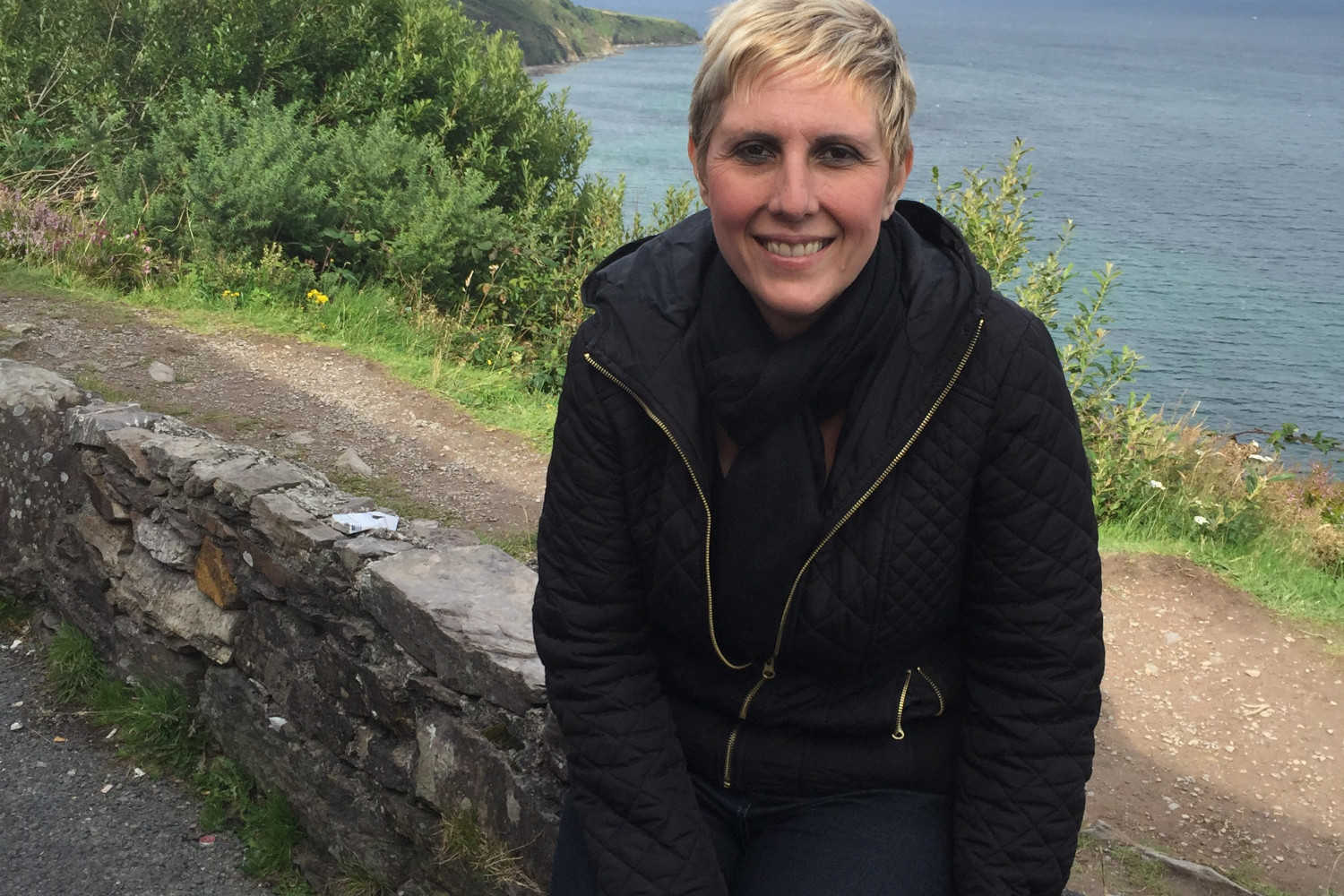General News
9 March, 2021
Momentous boost for Epilepsy research
A CHANGE of life is on the cards for those living with epilepsy after the Australian Government invested the largest single sum towards epilepsy research ever in Australia.

A CHANGE of life is on the cards for those living with epilepsy after the Australian Government invested the largest single sum towards epilepsy research ever in Australia.
The Australian Epilepsy Project (AEP) was handed $30 million courtesy of the Australian Government’s Medical Research Future Fund, with all money going towards research to better understand epilepsy.
Epilepsy is a brain condition that affects three in every 100 Australians, it can induce seizures, fits and loss of consciousness. Epilepsy is not one single condition, there are actually numerous types of epilepsy that all affect a person in a different way.
This funding is welcoming news to Patty Poutanen who has been living with Clonic epilepsy since she was eight years old. The 53-year old Mareeba born travel agent experienced her first epileptic fit when she was in grade 11.
“I’ve had quite a few epileptic fits throughout my life, it is obviously managed through medicine,” she said.
Everyone who suffers from epilepsy has their own triggers that can cause a fit, they can range from the mainstream flashing lights, down to lack of sleep or dehydration.
“Excessive alcohol is one of my triggers and when your younger and going out you don’t like to admit that, so I had a few fits when I used to go out,” Patty said.
“For me I don’t know what happens, I blank out and talk gibberish, I fit and fall and within 40 minutes I wake up often in an ambulance or in emergency.”
Many people were cautious of those suffering from epilepsy and some were often shunned by others, this is due to a lack of knowledge and research around the condition.
The AEP is a research group working to dispel a lot of rumors and misconceptions around epilepsy and research the condition in depth to help understand it.
Professor Graeme Jackson, a world-leading neurologist and epilepsy researcher at the Florey Institute of Neuroscience and Mental Health, will lead the AEP.
“The AEP will transform the medical journey of Australians living with epilepsy,” he said.
“Saving them from years of uncertainty, trial and error medication approaches, serious side effects and the constant disruption of countless appointments, tests and referrals.
“This is a once-in-a-lifetime opportunity for Australian researchers and clinicians to effectively rewrite the books for epilepsy diagnosis and change lives.”
This mission is something that Patty strongly supports, as she believes that there is not enough research done around epilepsy.
“The taboo is that you can get discriminated because of the lack of information around epilepsy,” she said.
“I’ve had to hide the fact that I’m epileptic on the grounds that I might not get a job.”
Despite the dangers and risks of having a fit, Patty continues to do things that she enjoys including traveling, often on her own.
“I travel, I love being on my own, even if that’s one of the things I shouldn’t be doing, I do it,” she said.
“You have to be careful yes, but I do things independently as well.
“I refuse to let epilepsy define me, I’m confident, I know what I want, I refuse to live in a bubble.”


